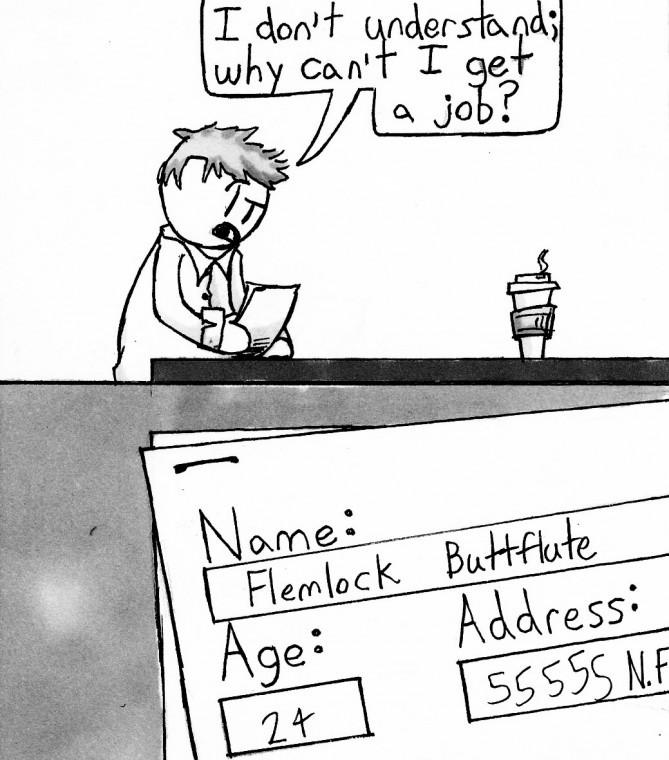What role do names play in shaping our lives?
March 28, 2011
If my picture was removed from this column, would you know I was African-American simply from the name, Taurean? Surely you would think I was black if my name was DeShawn.
According to the book Freakonomics: A Rogue Economist Explores the Hidden Side of Everything, DeShawn is the “blackest” boy name in America.
For clarification, DeShawn is not the most common name among African-Americans but is considered the most racially-identifiable name. So does this mean Taurean is less black? Is this a good or bad thing to have an ethnically ambiguous name?
Throughout the controversial book, authors Steven D. Levitt and Stephen J. Dubner tried to explain the correlation between a person’s ethnic name and social status throughout their progressing years.
In the case of DeShawn, the authors used the models of several “audit studies” to suggest a racial bias but later came to the conclusion that America has more of a socio-economic bias. They predicted that the name DeShawn would be turned down for a job interview because it is perceived as a low-income name and not a black name.
To the readers who are thinking, “Who are you calling low class?” I completely agree. It’s nonsensical to think a name can identify a person’s income.
But I do find the factor of the parents’ educational level of completion interesting. The parents’ level of education will usually determine their household income later on in life. Therefore, a baby’s misspelled name could be attributed to a low-income family, right?
When it comes to my name, does its spelling reflect my parent’s income or their level of education? It is a fairly unique name but not completely unheard of.
In fact, I have a female friend who shares my name, although the correct spelling for her name is Torian. Both of us grew up in the same neighborhood under similar religious beliefs and family dynamics. Although I cannot truly compare our lives, my purpose is to point out the obvious contrasting paths that we’ve taken.
Modestly speaking, I am a university honors student in my second year at NIU with many other extracurricular achievements under my belt. Although we both attended college preparation programs throughout our separate high school careers and even graduated with grad point averages within a point-difference, she did not attend college (among many other unfortunate things).
We lived almost a mirrored life, so how did we migrate so far from the same path? Could we really blame it on our names? Is her six-lettered variation the reason why she turned out that way?
As interesting, thought provoking and humorous as this chapter in Freakonomics was, I would have to disagree with the argument of an economically-tiered name status.
Like the authors state, although America is progressing, there is definitely an identifiable bias when it comes to society’s perception of names.
Contrary to what the authors suggest, however, we cannot completely debunk the theory that this bias is a racial one.







